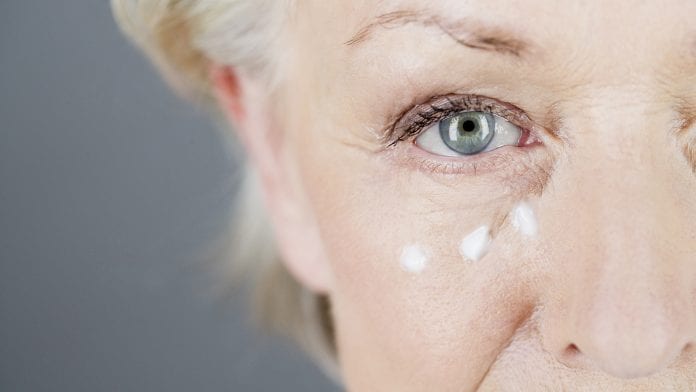
Research data from human medical studies combined with analytical approaches from physics offer a whole new concept to understand and maybe even reverse ageing.
Ageing is the most important single factor behind chronic diseases & death and by 2050, the global population of older individuals is projected to more than double its size in 2015. However, researchers describe a strategy for the systematic development of novel anti-ageing therapeutics and biomarkers of ageing using the data from medical studies and large biobanks, potentially bringing us a step closer to reverse ageing.
The natural human desire to reverse ageing
Human mortality rate increases exponentially with age and doubles approximately every eight years. The incidence of specific diseases, such as cancer or stroke, also accelerates after the age of 40 at about the same rate. A natural consequence of ageing is typically physical decline; however, no fundamental law of nature makes it inevitable. In some species, death risks increase very slowly, stay constant for extended periods, or even decline with age. Some mammals, such as naked mole rats or the growing number of bat species, apparently lack mortality acceleration. This means that the mortality rate should be, in principle, subject to manipulation.
The research published in Frontiers in Genetics explores the concept of criticality borrowed from physics, focusing specifically on dynamic systems and what is widely used to model complex phenomena such as the behaviour of financial markets or weather conditions, and essentially take such concepts and apply them to ageing studies, therefore generating the result of predicting models of biological age, ageing rate and even potential targets for future anti-ageing therapies.
The study essentially covers ageing-related conditions such as age-associated cognitive decline, and the potential of reverse ageing, Dr. Peter Fedichev, the author of the article and founder of Gero LLC, a longevity biotech company working on healthspan extension, explains: “This should facilitate new clinical trials and market authorization of therapies aimed at functional declines associated with ageing. Among the most promising targets for the first anti-ageing therapies are blood circulating molecules, since experiments with young plasma transfusion support its vital role in ageing.”
























